2023 Research Grants recipients
Almost $420,000 was awarded to five researchers across Australia to fight stroke and drive improvements in stroke prevention, treatment and recovery.
Nancy and Vic Allen Stroke Prevention Memorial Fund Grant ($100,000 over two years)
Recipient
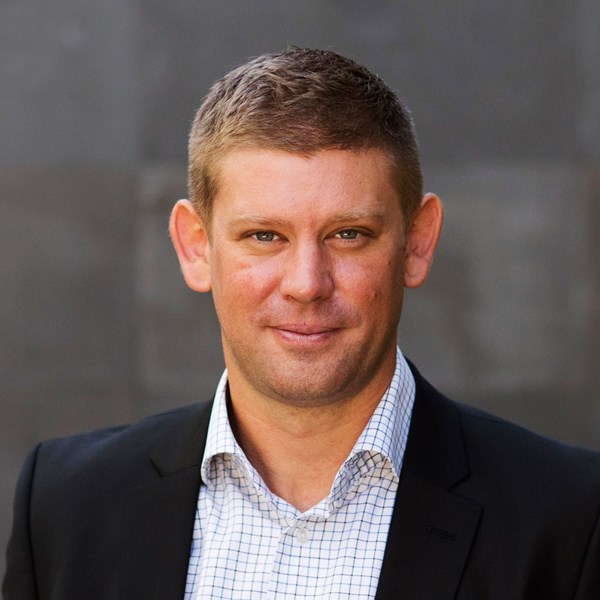 |
Associate Professor Caleb Ferguson - University of Wollongong |
Stroke Foundation Seed Grants
The 2023 Grant Round offered four Seed grants ($80,000 each) for early and early-mid career researchers to test their ideas, gain experience in leading a small project and tackle evidence and implementation gaps in stroke prevention, treatment and recovery.
- Developing health services and pathways to improve early identification of stroke with a specific focus on underserved communities (examples include marginalised groups, Aboriginal and Torres Strait Islander communities, and socially isolated people).
- Translational and implementation research of evidence-based care pathways of stroke management. Projects must specifically assess how to improve adoption or implementation of evidence-based treatments/processes, that have been shown to be effective, within health or home settings.
- Long-term community support beyond 6 months post-stroke (e.g. interventions to improve continuity of care, community health services, primary care, social isolation).
- Long-term psychosocial recovery beyond 6 months post-stroke (i.e. interventions for recovery of cognition, communication, and emotional and social wellbeing).
Seed Grant Recipients
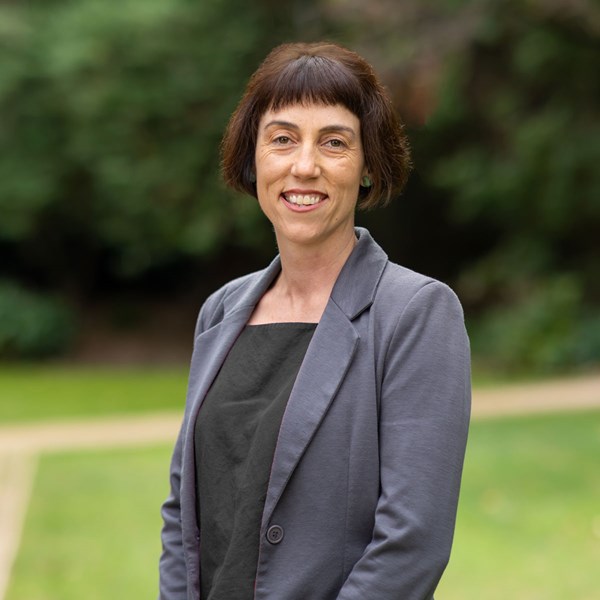 |
Dr Lucette Lanyon - La Trobe University |
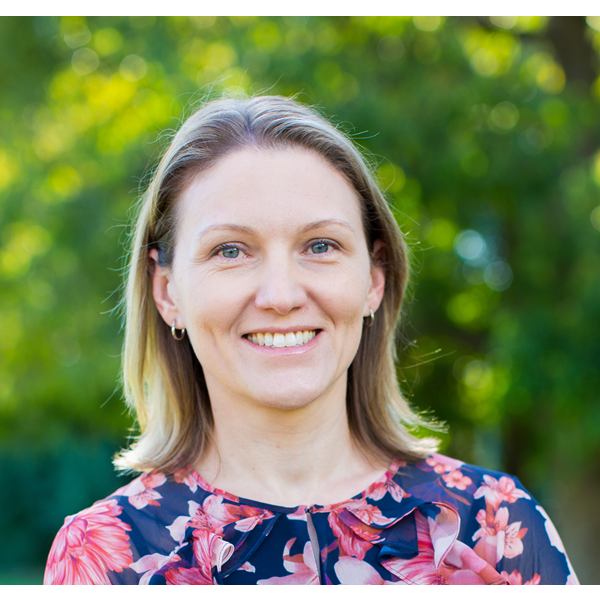 |
Dr Kate Scrivener - Macquarie UniversityEffectiveness of a mobility booster program (Hi-Walk) in long-term community stroke rehabilitation |
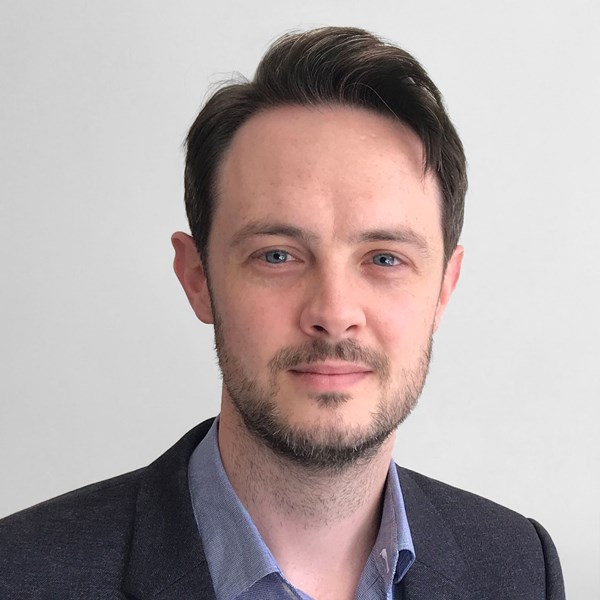 |
Dr John Pierce - La Trobe UniversityM-MAT Tele: Maximising aphasia recovery through a group telehealth intervention |
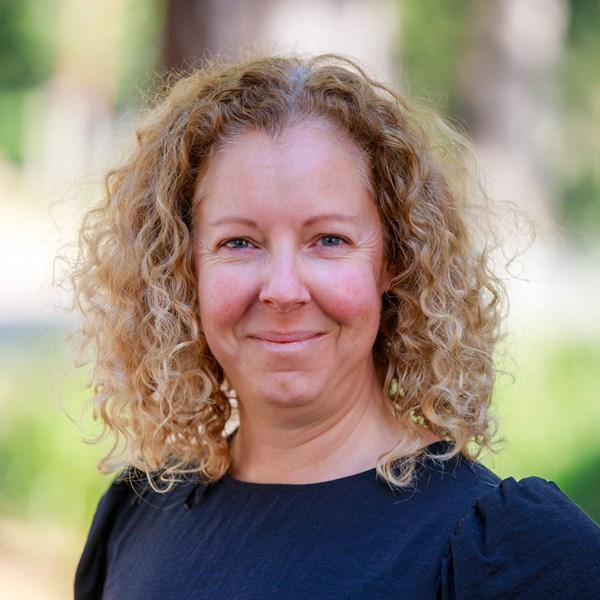 |
Dr Dawn Simpson - University of NewcastleCo-design and testing of a novel 'fatigue protectometer' to tackle post-stroke fatigue |
Tim Glendinning Memorial Fund for Young Adult Stroke Research Grant
Funding for this scheme was deferred and will be offered as a new grant in the 2024 Grant Round.
About the projects
INFORM-AF II– A Phase 1 pilot randomised controlled trial of a digital stroke prevention education program for people living with atrial fibrillation.
Can a simple Atrial Fibrillation app help to fight stroke? This is the question Dr Ferguson and team are setting out to address.
The INFORM-AF II Study is led by Dr Caleb Ferguson, (Associate Professor Chronic & Complex Care) and team, at the University of Wollongong and Blacktown Hospital, Western Sydney Local Health District. The study builds on the team's successful research in this area spanning more than a decade.
Atrial fibrillation (AF) is a form of irregular heart rate and it is a well-established risk factor for stroke. Life-saving stroke prevention medications which thin the blood called ‘anticoagulation’ reduces the risk of stroke in patients with AF.
This study will pilot a new learning application called QStream to understand its effect on hospitalisation, quality of life, knowledge, medication adherence, mortality and cost effectiveness.
Phase II investigation of the feasibility, acceptability, and preliminary efficacy of a Hub-and-Spoke, Peer-Led Community Aphasia Group program
Thirty percent (140,000) of stroke survivors in Australia are living with aphasia, a communication disability resulting from damage to language processing networks in the brain.
This study will embed a 12-week peer-led program within the Grampians Health-Ballarat Community Rehabilitation Centre and measure changes in quality of life, communication confidence, community engagement and psychological wellbeing for people with chronic aphasia and their significant others.
Community aphasia groups have traditionally been the domain of speech pathologists who have specific expertise in communication disability. Community aphasia groups have historically been vulnerable to resourcing constraints and nationally, there is an acute under provision of community aphasia groups to meet the needs of the community. This underservicing is particularly pronounced in low socio-economic areas of metropolitan cities as well as in regional, rural and remote areas of Australia.
The peer-led variable within this group-service design is critical to supporting group members with aphasia to develop companionship and community-connectedness, and these outcomes are known to be less easily achieved through a clinician-led group model.
If the results are positive, Hub-and-Spoke, Peer-Led, Community Aphasia Groups could provide high-quality, tailored support, communication opportunities, and meaningfully accessible activities for people with aphasia. Outcomes would include reduced social isolation and enhanced psychosocial recovery. This program could radically improve continuity of care and be cost-saving for the already overburdened Australian health system.
Effectiveness of a mobility booster program (Hi-Walk) in long-term community stroke rehabilitation
Many people experience mobility limitations more than six months after stroke, with minimal (or no) ongoing therapy to support their mobility goals - impacting not only mobility, but also wellbeing. The Hi-Walk trial aims to transform the long-term mobility training of people after stroke by providing the first evidence of the impact of a mobility booster program for people in the community.
Hi-Walk will support people with resources they can access, to take control of their own mobility goals, at their current level of mobility. The program is individualised to the person after stroke and incorporates a self-management approach designed to prolong any benefits well beyond the three-week program.
People after stroke who participated in the initial feasibility study of the Hi-Walk program said “I found the amount of practices and training involved to be very effective. I was able to achieve my goals with very good results.” Further they “liked the frequency and consistency of the program which kept me motivated to train”. The program will be tested in a clinical trial setting made possible by this grant.
M-MAT Tele: Maximising aphasia recovery through a group telehealth intervention
Aphasia after stroke can have profound, long-lasting impacts. Speech pathologists need more evidence about the best timing, dose and type of therapy for aphasia so they can support survivors of stroke to have the best chance of recovery. An early dose of high-quality therapy such as M-MAT (Multi-Modality Aphasia Treatment) may improve the long-term recovery of people with aphasia.
This trial will test the effectiveness of a new telehealth adaptation of this treatment for people with aphasia up to 9 months after stroke. If the results are positive, the M-MAT Tele software and treatment manual will be made freely available.
M-MAT Tele will provide a therapy option for people living in areas with poor access to services or who have difficulty with travel. It is specifically designed for group therapy, offering an efficient and engaging solution compared to traditional one-to-one treatment. The social interaction involved may also build confidence for people with aphasia through the communication practice it provides.
Co-design and testing of a novel 'fatigue protectometer' to tackle post-stroke fatigue
Post-stroke fatigue is a debilitating consequence of stroke affecting over half of stroke survivors. This project will co-design and test a new psychoeducational tool to guide conversations about fatigue and help survivors of stroke explore their experience, identify triggers for fatigue and implement personal strategies to improve recovery and quality of life living with fatigue.
Through the team’s prior research and research partnerships with stroke survivors, they have had to privilege to hear first-hand about people’s experience of post-stroke fatigue and the many different challenges it has for living well after stroke. Many stroke survivors have expressed their frustration with the lack of focus and research for post-stroke fatigue.
This research will develop a tool for use in clinical practice that will help stroke survivors understand and manage their post-stroke fatigue to reduce its impact on their daily life allowing greater participation, confidence, and quality of life. The tool will further educate and support health professionals, to allow better support for post-stroke fatigue early after stroke onset to allow management strategies to be implemented as soon as possible.
